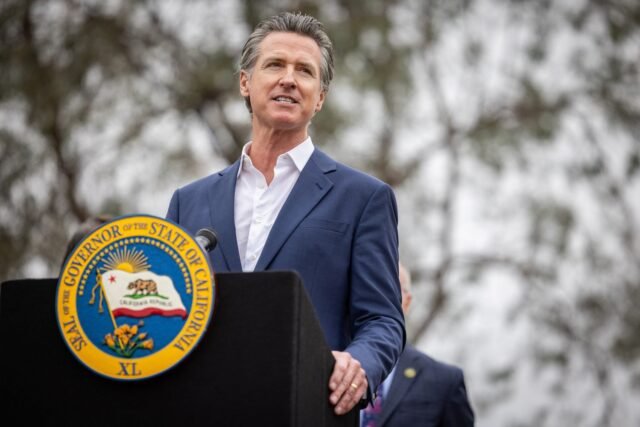Last year, California Governor Gavin Newsom vetoed a wildly popular (among the public) and wildly controversial (among tech companies) bill that would have established robust safety guidelines for the development and operation of artificial intelligence models. Now he’s getting a second shot — this time with at least part of the tech industry giving him the green light. On Saturday, California lawmakers passed Senate Bill 53, a focused piece of legislation that would require AI companies to submit new safety tests.
Senate Bill 53 , which is now awaiting the governor’s signature to become law in the state, would require companies that build “frontier” AI models — systems that require massive amounts of data and computing power to operate — to provide greater transparency into their processes. This would include disclosing security incidents involving dangerous or deceptive behavior by autonomous AI systems, providing greater clarity on safety and security protocols and risk assessments, and providing protection for whistleblowers who raise concerns about potential harms that could come from the models they work on.
The bill, which would apply to the work of companies like Openai, Google, XAI, Antropic, and others, is certainly a step down from previous attempts to create a broad safety framework for the AI industry. The bill that Newsom vetoed, for example, would have created a mandatory “kill switch” for models to address their potential for fraud. That’s nowhere to be found here. An earlier version of SB 53 also applied safety requirements to smaller companies, but that has changed. In the version that passed the Senate and Assembly, companies that bring in less than $500 million in annual revenue would only have to disclose high-level safety information, not more detailed information, per Politico — a change made in part at the request of the tech industry.
Whether that’s enough to satisfy Newsom (or, more accurately, satisfy the tech companies from which he would like to continue receiving campaign contributions ) remains to be seen. Anthropic recently softened its stance on the legislation, opting to throw its support behind it just days before it officially passed. But trade groups like the Consumer Technology Association (CTA) and the Chamber of Progress , which counts the likes of Amazon, Google, and Meta among its members, have come out in opposition to the bill. Openai has also signaled its opposition to the rules California has implemented, without specifically naming SB 53.
After the Trump administration tried and failed to implement a 10-year moratorium on states implementing AI regulations, California has a chance to lead the way on this issue—which makes sense, considering that most of the companies at the forefront of the space operate within its borders. But that fact also seems to be part of the reason Newsom has been so hesitant to pull the trigger on regulations, despite all his blowback on many other issues in the state. His political ambitions require money, and those companies have a lot to offer the state.














